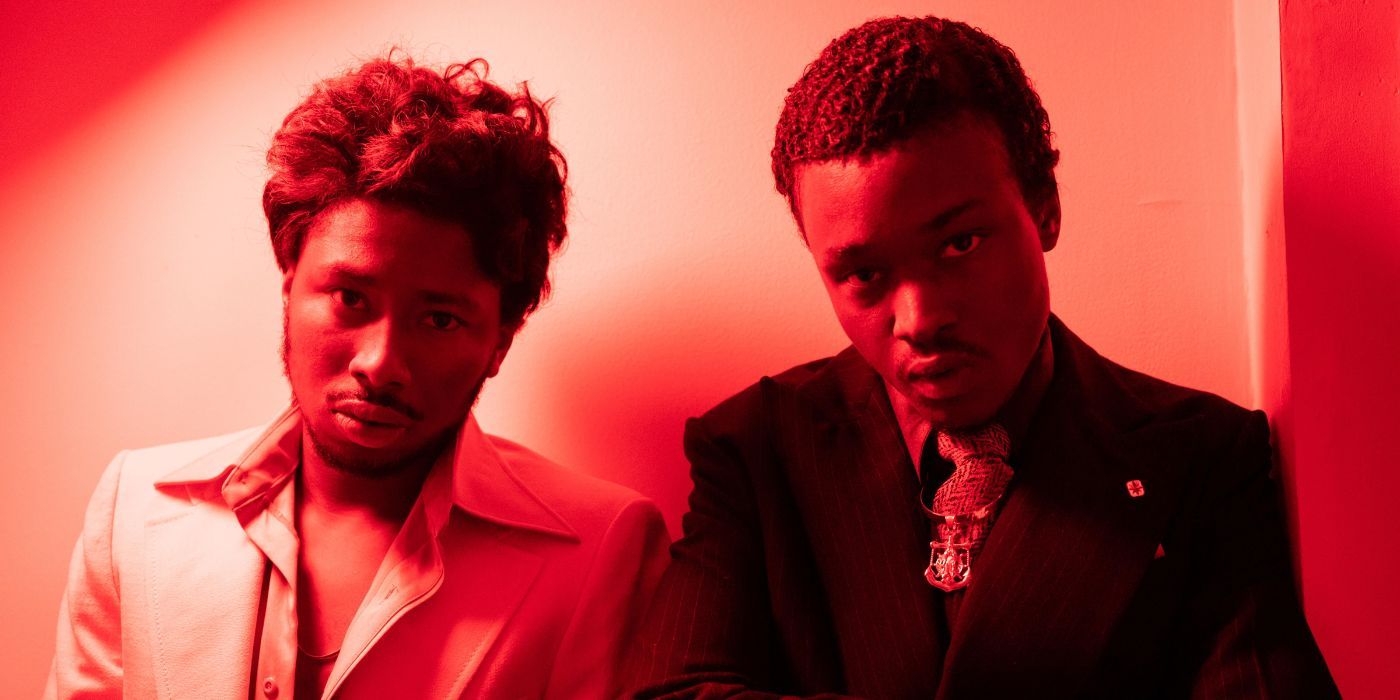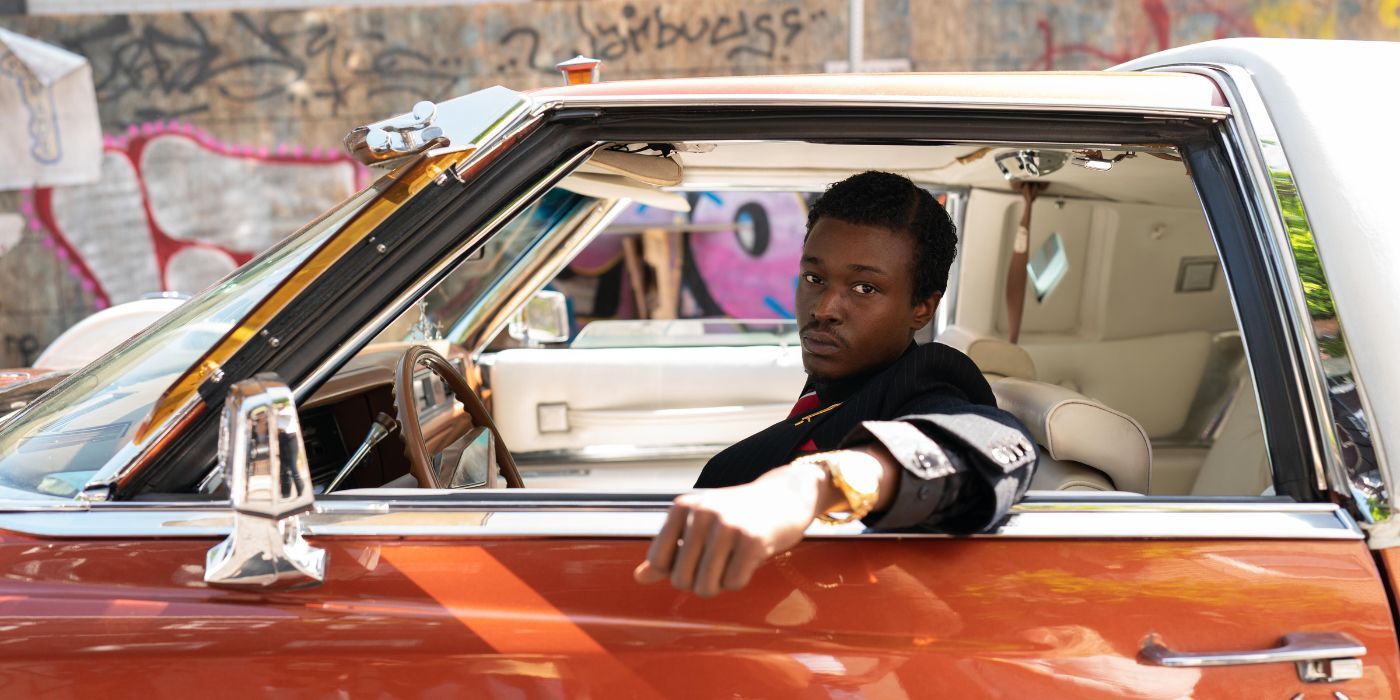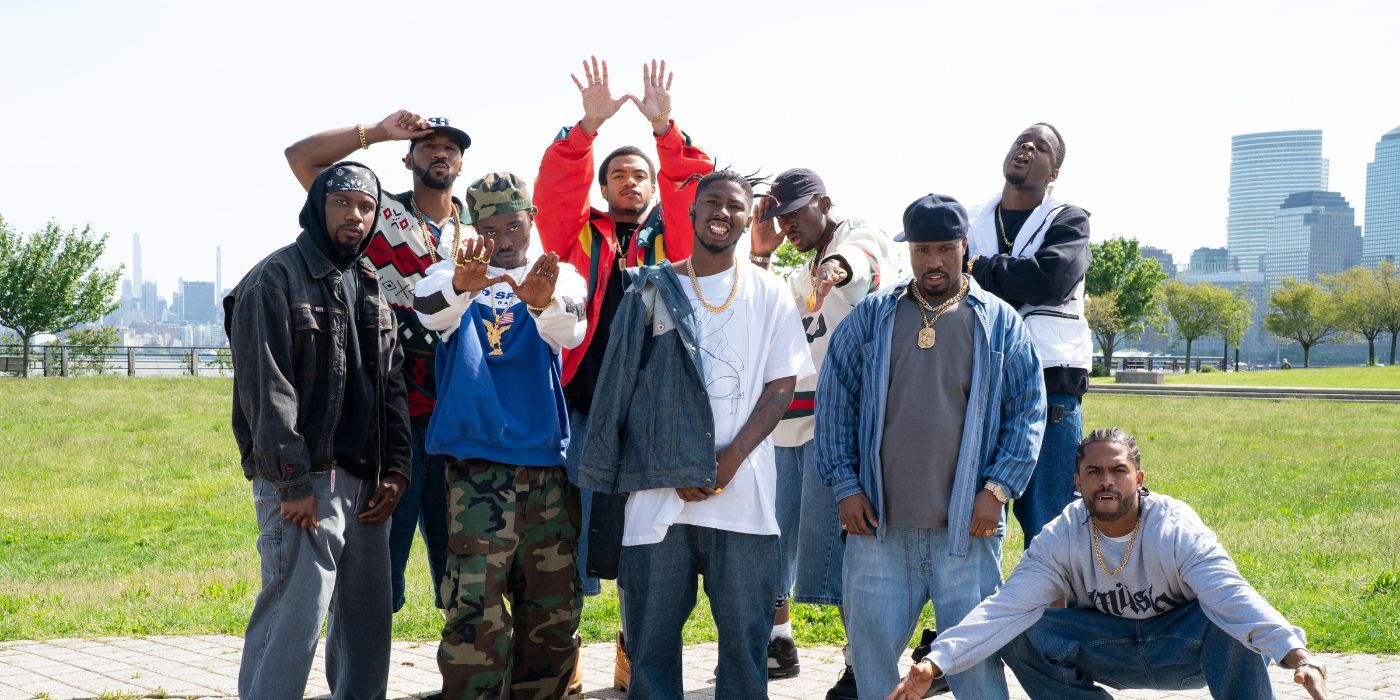There has always been a degree of eccentricity woven throughout the heart of the Hulu series Wu-Tang: An American Saga. Even as it was grounded in telling an origin story of sorts for one of the most iconic musical groups of all time, it was always teetering on the edge of diving into something more expansive. Now, in its third and final season, it has found what it had been looking for all this time. Though the flawed first season was intriguing and the superior second season a step up, it is now this third that is the best. It has many imperfections in terms of its pacing, but it still works to ensure that the story goes out on a high note by leaning into a greater grappling with creativity itself. In the eight episodes provided for review, Wu-Tang: An American Saga Season 3 feels both more relaxed and focused as it looks deeper into the trappings of fame. It then juxtaposes this with the joy to be felt in episodes that serve as formal disruptions which it uses to embody their music. More than it ever has before, the series creates a narrative rhythm that is worth getting lost in along with its complicated characters.
Picking up after the flood from the end of the second season, we see that Bobby Diggs AKA the RZA (Ashton Sanders) is carrying a heavy weight on his shoulders. The work of producing acclaimed music has begun to pay off and provide stability in his life. At the same time, the demands have grown, and he is having a hard time enjoying what it is that he has achieved. He is almost living in the studio and this has closed him off from those that care about him. While all this is going on, there is a business to be run that can’t be ignored with deadlines that must be met.
The season frankly traces the nitty-gritty elements to establish how, for every moment of excitement to be found in the process of creating music, there are outside expectations that take a toll. Be it going on an extended tour away from family or repairing creative partnerships that were influenced by the business side of things, there remains trouble in paradise. This isn’t just for Bobby either as the series continues to look at the other members of the group navigating their own challenges and passions. It is about the messiness of collaboration that, while frequently fraught, can also create something brilliant.
While Sanders is better than he has ever been in this role, bringing a more understated confidence that mirrors how Bobby has grown as the producer heading this all up, he is also just as compelling when bouncing off everyone else. Even as RZA himself is driving the story behind the camera, it paints a portrait that finds richness in the details outside him. There is a tension that Bobby has with Divine (Julian Elijah Martinez) when on the aforementioned tour that feels appropriately lived-in. Even as there are some moments of drama that feel like distractions from this relationship, it works when we are able to just observe each of them discussing what part they have to play.
This especially pays off in one of the show’s better episodes, where Divine is dealing with his own pressures that are taking him away from family. He knows this and is trying to do everything he can to strike a better balance only to find everything keeps stacking up. Though each character is different in their approaches and demeanor, it is this hustle that unites them. They are achieving their dreams, but that doesn’t mean they can rest. Instead, they have to work harder than they ever have before. It can be thrilling when things are coming together, but this is tempered by all the behind-the-scenes work that is required to make that happen.
What set this season apart are the episodes that capture the creative process of music with its inspirations and expressions taking on new life. It echoes the standout sixth episode in Season 2, "Protect Ya Neck," that stripped away the demands of plot to delve deeper into the process. However, while that placed the characters in a void where they were able to explore and experiment, this takes it a step further. Without tipping off anything too much, there are episodes that border on being parodies and represent the inner thoughts that would go into informing the music. More than a bit silly in seeing the various actors pop in as different quirky characters, including some familiar faces, you will either go with this or you won’t.
These episodes can be a bit excessive in how long they run, but it also is just fun to see the series taking some bigger swings. Where most shows can be far too cautious to try out new ideas or approaches to their material, that isn’t a problem here. Whatever is lost from when it was more bound by reality is made whole by the experience of seeing it bend genre and form to express the mindsets of characters in a way it couldn't have if it had just played it straight.
Above all else, it is nice to see Wu-Tang: An American Saga grow just as the characters have. It took time to find its footing through some of the uncertainty of the early episodes, but there is a greater grace to this concluding season that makes it all worth it. There are still some elements that are left open that need to be resolved in the final couple of episodes, especially in terms of how Bobby is drifting into loneliness even from his closest friends, but the foundation is already setting the stage for a strong conclusion. When many musical biopics can get far too caught up in hitting all the big events in history we all know like a Wikipedia entry, Wu-Tang: An American Saga's success comes down to how it excavates something deeper in its dramatization that continues to shine.
Rating: B+
The first three episodes of Season 3 of Wu-Tang: An American Saga premiere February 15 on Hulu, with the remaining seven episodes releasing weekly.



